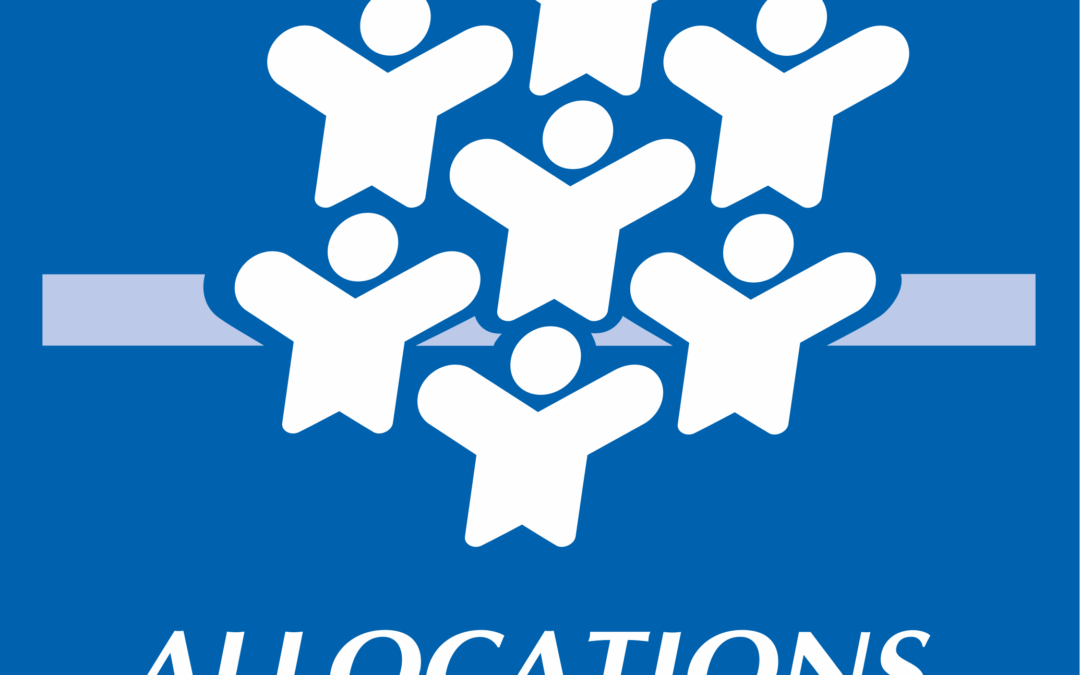Financial intermediation is an essential tool in family law, designed to simplify and secure financial exchanges between separated parents concerning child support payments.
Since its gradual implementation, this mechanism has been designed to ensure regularity and transparency in the payment of maintenance, while protecting the parties involved, particularly in situations of conflict or domestic violence.
1. What is financial intermediation?
Financial intermediation of alimony payments is based on a simple principle: instead of the debtor parent (the one who has to pay the alimony) paying the alimony directly to the creditor parent (the one who receives it), a third-party organization, such as the Caisse d’allocations familiales (CAF) or the Mutualité sociale agricole (MSA), acts as an intermediary.
This organization collects the pension from the debtor and pays it to the creditor.
2. Why was this system set up?
Financial intermediation has two main objectives:
-
-
- Combating unpaid child support: In France, many creditor parents encounter difficulties in collecting their child support payments. Financial intermediation reduces this risk by automating the collection process from the very first non-payment, without the creditor having to take any complex steps.
- Protecting victims of domestic violence: In cases of violence or threats, intermediation avoids direct contact between the parents, offering additional security. When a debtor parent has been the subject of a complaint or conviction for acts of violence, intermediation becomes compulsory.
-
3. Conditions for financial intermediation
For financial intermediation to apply, certain conditions must be met:
-
-
- Maintenance payments must be set out in an enforceable document (court decision, agreement approved by a judge, notarial deed, etc.).
- The parents must reside in France, and the debtor must be solvent.
-
4. Implementation and operation
4.1. Setting up intermediation
Intermediation can be set up :
-
-
- Automatically, as soon as an enforceable title fixes a maintenance allowance (since January 1, 2023 for all court decisions and agreements).
- On request, when intermediation was not initially planned or has been interrupted.
-
4.2. Role of social organizations
Social organizations, such as the CAF or MSA, are responsible for :
-
-
- Collecting maintenance payments from the debtor.
- Paying it to the creditor within set deadlines.
- initiate collection proceedings in the event of non-payment.
-
5. Special cases and exceptions
Cases where intermediation may be ruled out :
-
-
- If both parents jointly express their refusal in the writ of execution.
- If the judge considers, in a specially reasoned decision, that the situation is incompatible with intermediation.
-
6. What are the advantages for parents?
-
-
- Security and peace of mind: Financial management by a third party limits conflicts and tensions between parents.
- Guaranteed payment: If the debtor defaults, the intermediary organization quickly initiates collection procedures.
- Protection for victims of violence: The absence of direct contact between parents ensures greater security for victims.
-
Conclusion
Financial intermediation is a key mechanism for ensuring that maintenance obligations between separated parents run smoothly.
By theoretically ensuring regular and secure payment of maintenance, this mechanism helps to reduce tensions and the risk of unpaid maintenance, while protecting the parents and children concerned.
For further information or personalized legal advice, please do not hesitate to schedule an appointment.
